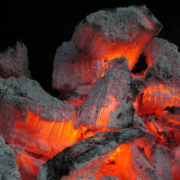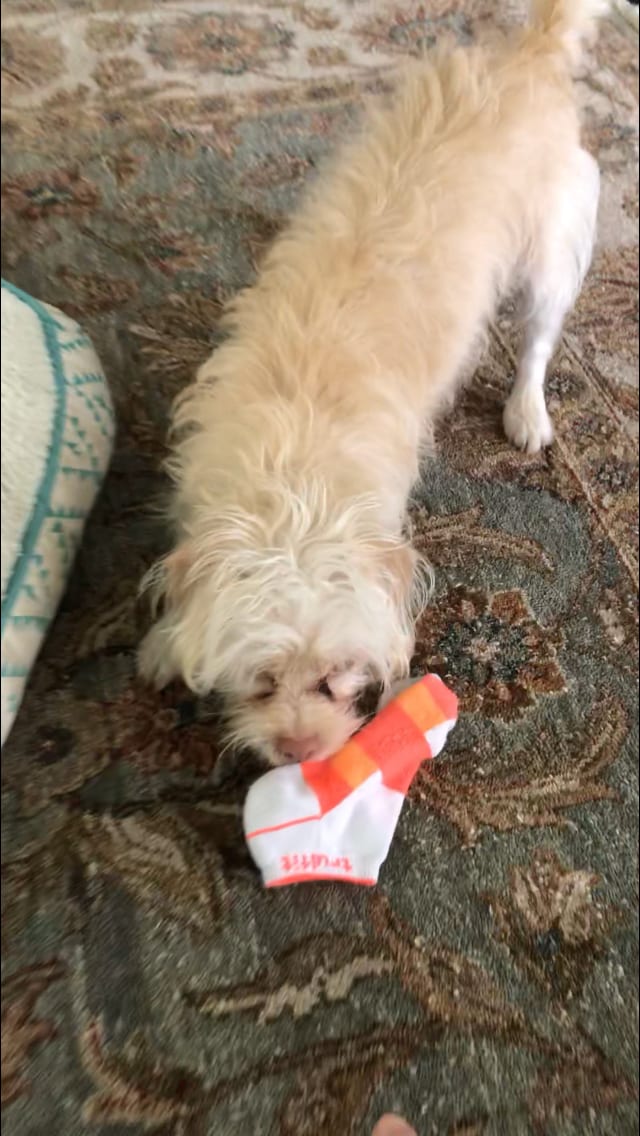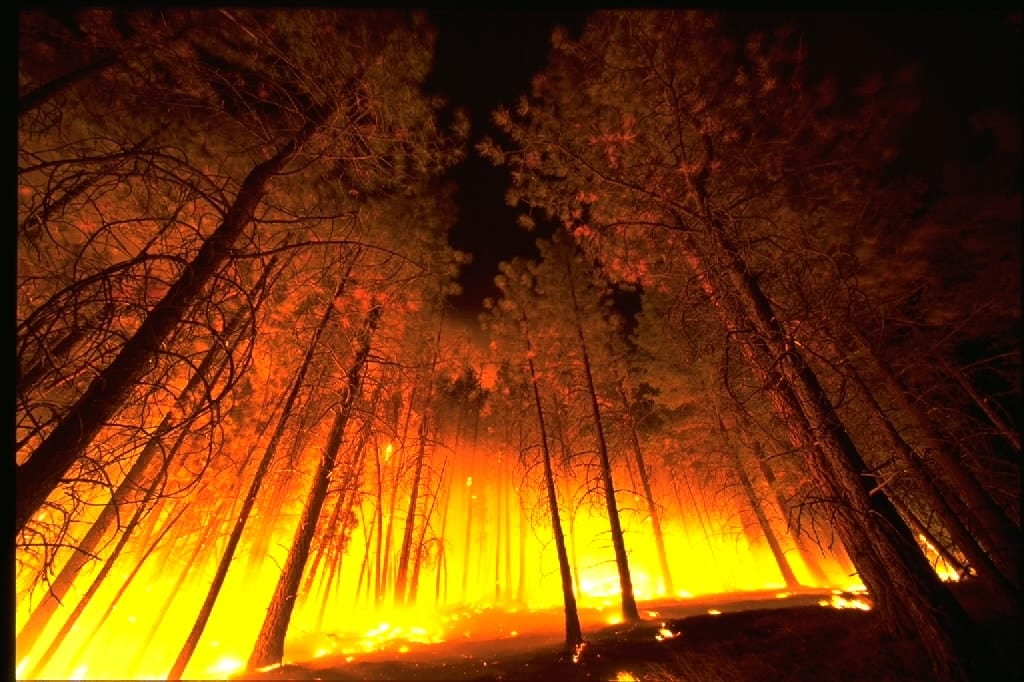
Photo by Jens Buurgaard Nielsen
“You are very grown up, aren’t you?”
“You are a very mature young lady!”
“You are wise beyond your years.”
These are just a few of the phrases I heard as a kid that served to reinforce my trauma response and help me build an identity around it. And as I built that identity, I got praised for it more and more, for thinking on my feet, for dashing in to fix things, for never letting ‘em see me sweat.
“That’ll toughen you up, kid.”
“Show ‘em your battle scars! Be proud of them!”
I think that’s part of the reason I’m such a good leader at the food bank. Every week is a new challenge – food deliveries don’t come at the last minute or what we thought we were getting turns out to be something else altogether. The weather turns awful and I have to figure out how to keep five volunteers dry outside while packing boxes in sideways rain and hail with just tarps and pallets. Years and years of hypervigilance and doom-planning are paying off. All the time I spent as a kid imagining alternate scenarios and planning for them, wondering what I could do if X happened and how I could manage if things turned sideways and Y happened instead.
You might be thinking, ok, so what? Your trauma is serving you well as an adult.
But you would be wrong.
It’s not your fault – up until this morning, I would have agreed with you.
But we were both wrong.
My trauma is re-traumatizing me as an adult.
I built an identity and a way of moving through the world that means I never let my guard down, that means I always expect to be on my own when the shit hits the fan and that I assume responsibility for managing crises and cleaning up after them without even being asked.
It’s who I am.
But this morning, I took the time to imagine what it would have been like if my 8-year old self had been told, instead, that it wasn’t her job to be “wiser than your years.” What would it have been like if she had felt safe and held within a community or family group that didn’t place adult responsibility on her shoulders? How would she have learned to calm her nervous system and ask for help when she felt overwhelmed? How could she have grown up not feeling as though she was the only one who could fix things, and that if she didn’t do it, nobody would?
What if someone had told her, instead, “I’m so sorry you have those scars. I wish I’d been there to keep that from happening”?
I spent so many years of my life searching for the Right way to get through painful, scary times – knowing with absolute certainty that if things got worse, it was because I hadn’t been smart enough, prepared enough, savvy enough to plan for the right contingency. It made me even more determined to explore every avenue. And I got really good at it. If there was a way to put it on my resumé, I would have.
But in my body, it meant I was alone, always. It meant that even when I was married, I didn’t think to trust my husband to solve really big problems, really scary ones, because I had learned that people without trauma didn’t think like I did – they couldn’t always accurately assess the potential dangers that lie ahead and plan for them. Those people were naïve. Lovely, and loving, but naïve. I couldn’t rely on them in a crisis.
It also means that, in my body, there are embers that flare when someone close to me is suffering and the flares are often disproportionate to the situation. I suppose that’s really the basis of PTSD, but it’s surprising to me to realize how much of that is applauded and reinforced in our society. The idea that hypervigilance is a muscle we want to build is so backward to me, but my entire life, I’ve been praised for it, and it is causing harm. Those embers that flare when someone close to me is in crisis give me a momentary ability to get clear and start the process of contingency planning, but they also cut my head off from my body because the sensations I feel in my body are too painful and frightening to feel in those moments. That severance is really seductive – feeling competent and clear and able to swoop in and offer my support to a loved one is a powerful drug. Why would I want to check in with my body? Just to feel fear? To experience the little zaps of grief and overwhelm that rise up and make me remember all the times I’ve felt that way before? Not likely.
But I have learned that disconnecting my mind from my body has consequences. Namely, my brain experiences a power trip and it also starts spiraling into scary places, imagining all sorts of horrible scenarios just so I can build a strategy in case they come true. And as much as I try to divorce myself from my physical self, all I’ve really done is cut off communication from my body to my brain, not the other way around. My body is still absorbing energy, still taking in information (much of it from my spiraling thoughts that are generally wholly inaccurate), and lighting little fires everywhere. Eventually, I freeze in overwhelm and panic. I burst into tears, lie on the couch and stare, shake uncontrollably. So far, this generally only happens once the crisis is over and I know I’m safe (or my loved-one is safe), but those fires just keep getting bigger.
Today, I’m starting the work to put out the embers; to go back and find every spot in my body where younger me was put in situations she didn’t belong in and relieve her of those burdens. I’m asking her what it might feel like to imagine that she was held and safe and free to be eight or ten or 14, instead of collecting battle scars and proving herself more adult than her age. It is my deep hope that in doing so, I will be able to face the next really scary situation without a fire flaring inside me. I would like to stay connected to my body and show up for my loved ones as my whole self, un-triggered and loving, secure in the knowledge that we are in this together and I can ask for help if I need it. I want to have healed those parts of me that were taught it is a good thing to tackle big challenges by myself, no matter what it costs, because those scars are something to be proud of. I want to come clear-headed and with a calm body responding out of love and not fear. The idea that I can put my energy toward helping hold what is rather than exhausting myself imagining what might be will hopefully be more seductive than thinking I can single-handedly save the day.




